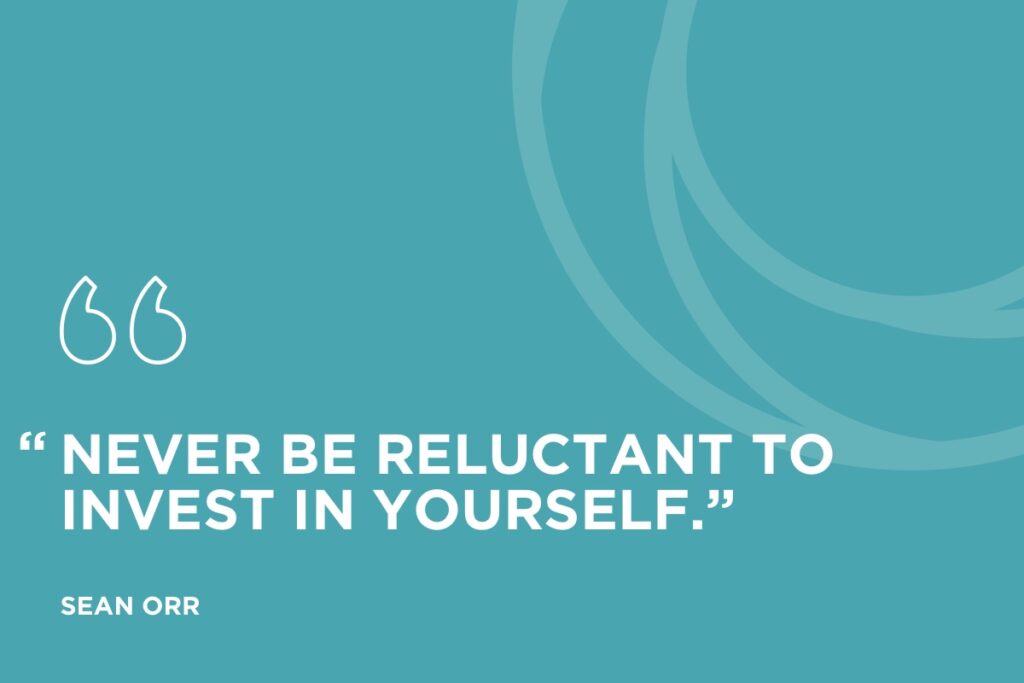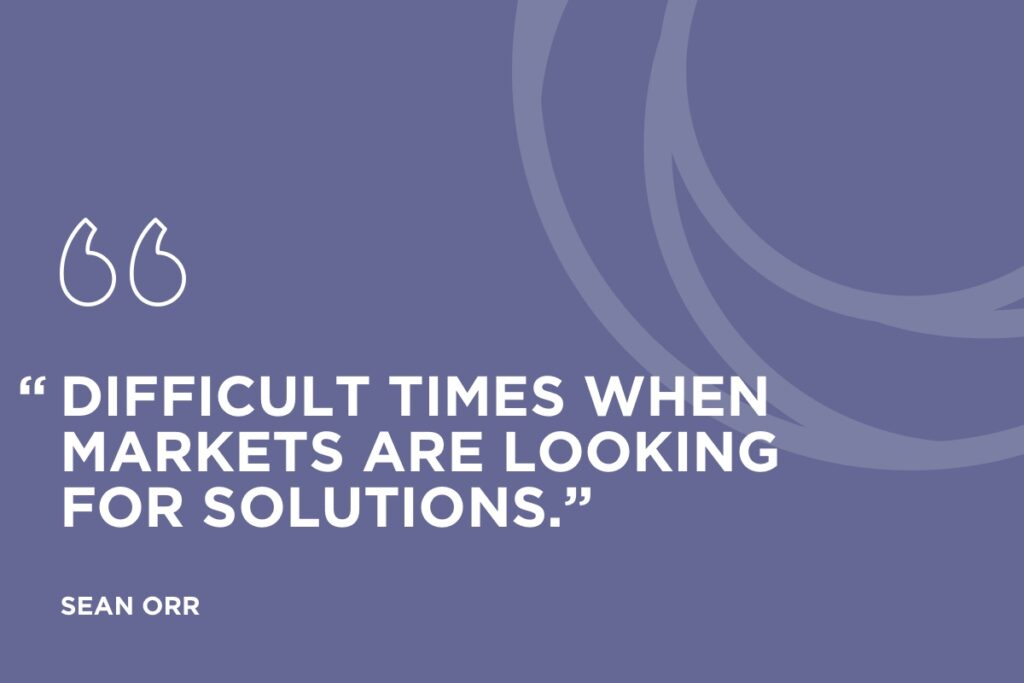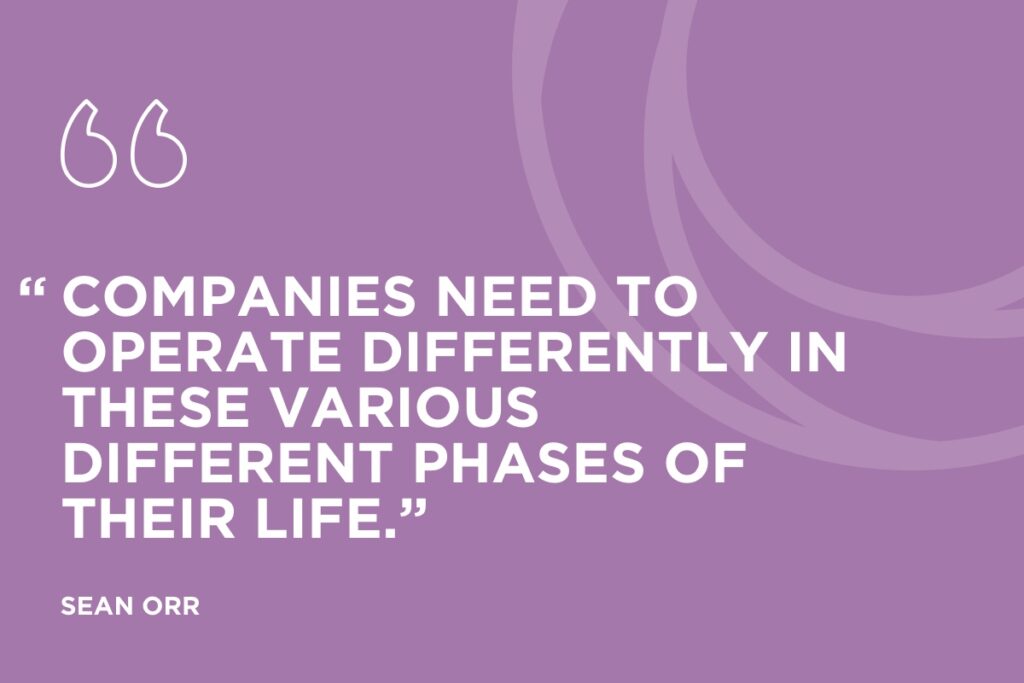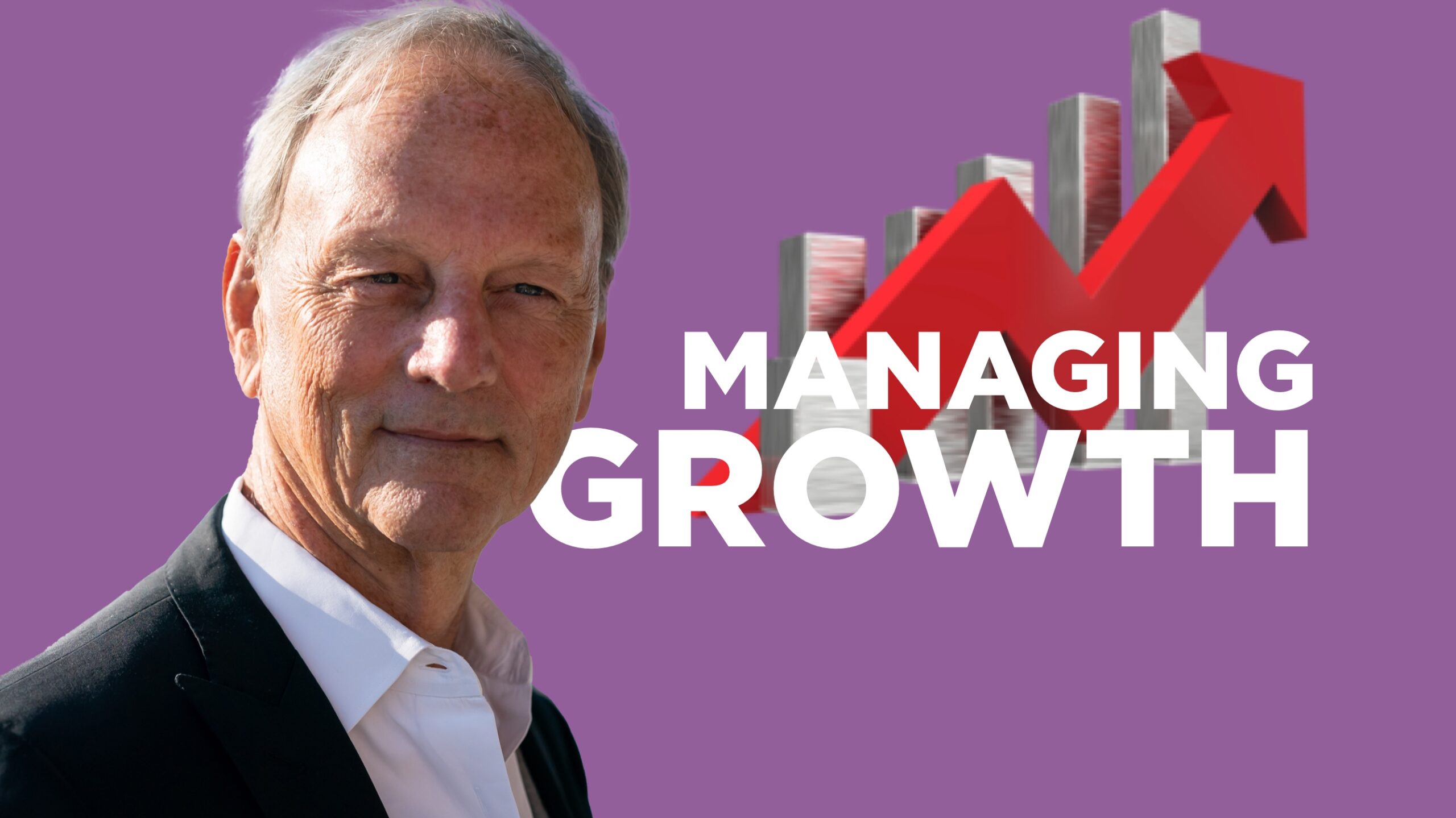Our guest on this episode of Scale Your Small Business, Sean Orr, has held a range of senior executive positions, including President, Corporate CFO, Operating CFO, and Corporate Controller roles at such notable companies as PepsiCo, Frito Lay and Readers Digest. He began his career as an audit partner for KPMG, where he served numerous clients that are global household names. He most recently served as Chief Financial Officer of a national logistics and distribution business, where he built a finance and IT organization that supported over a hundred percent growth through acquisition and organic expansion. Today, he’s an effective business advisor and coach who believes in making big lasting impacts by building businesses properly from the foundation up using a value-based approach.
Focusing on operational issues in this episode, Sean began the interview discussion by identifying that all businesses have common operational issues regardless of how big or small they are. Fundamentally all businesses do the same thing. Product businesses make the product, move it, sell it, you bill your customer and then you collect the money. Service based businesses provide their service, capture their cost of that service and then bill the client. Basics of all businesses are the same and the principles of running the business are the same.
Sean went on to say that the biggest difference between larger companies and smaller companies is in the mechanics. Startup businesses rely very heavily on key people to get things done. That’s a model that works when you’re small, but it doesn’t work as you get bigger. Larger scale companies rely more on process and technology. The challenge for smaller startup businesses is to recognize when it is time to make the transition for more scalable processes and tech support. Most of the startups will often need help with this transition because the management teams simply don’t have the experience in building up that capability from the ground up.
All businesses struggle in one area or another one spot where Sean has consistently seen businesses struggle is with planning. In his experience, most companies do a poor job of planning. They react and then play catch up. For example, they react to a certain surge and demand, and then they react to hiccups that happen in the operation. Often those hiccups could have been easily anticipated. The failure to plan and operating on a hand to mouth reaction mode is a failure in almost all businesses, but it’s very common in small businesses.
Are there ways that small businesses can reduce their costs without sacrificing the quality of their products or service? We are in difficult times right now. A lot of companies right now are too focused on cost reduction. If you look at some of the great companies in this economy or around the world like Apple or FedEx, they got their start in difficult times. Difficult times are when markets are looking for solutions.
As business owners, we all struggle with employees and getting everybody on the same page. It starts at the top with owners and the company leadership. First of all, you need to define your vision, your mission, and your values and then you need to clearly communicate them. You need to measure and reward good performance that’s consistent with your vision, mission and values. Without them, you can’t have a strong cohesive company culture.
Whether you are a product based business or a service based business, there are little things that you can do every day to move yourself forward.
A small business owner or an entrepreneur should surround him or herself with people that are smarter than them. They shouldn’t feel they have to know or do everything themselves. They shouldn’t be their own chief everything officer, because the chief everything officer is a slave to the business. They shouldn’t be afraid to ask for help, including outside advice from outside experts or coaches. Most great CEOs, athletes, and even presidents of the United States rely on coaches and outside experts. No one is an expert at everything.
Businesses grow and evolve from being infants to toddlers, to teens, to mature adults, just like people do. Companies need to operate differently in these various different phases of their life. A $1 million revenue business cannot operate the same way as a $10 million business does. Most business owners and their teams need to evolve as the company matures. This is a very hard thing for small companies to do, since the evolution happens across the whole company. You shouldn’t be too proud to ask for outside experts or coaches who have done it before to come in and help you because that can be a huge help. The bottom line is never, ever be reluctant to invest in yourself.
Thank you to Sean for sharing so much knowledge with us! There is something that every small business can take away from today and implement in their business.
Sean is offering our Scale Your Small Business podcast listeners a complimentary one hour strategy session. You can find the application form on his website at www.ldvelite.com.
Show Notes





